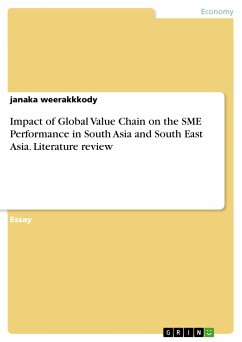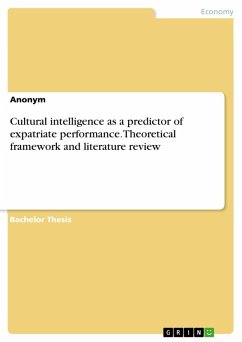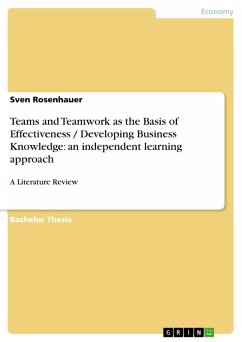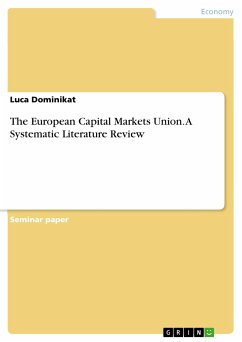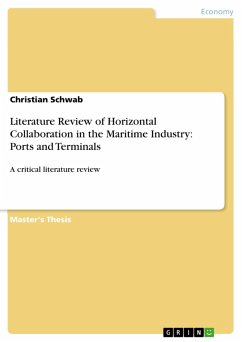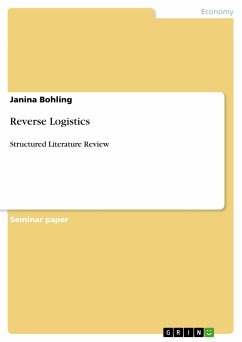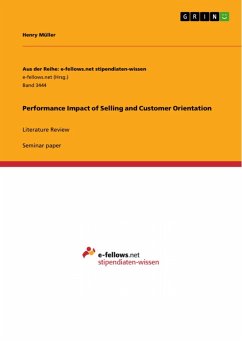Inhaltsangabe:Abstract: Champions of Human Capital in organisations, such as Human Resources directors, are in need of empirical evidence to justify to board members, CEOs and ultimately shareholders why financial investments into Human Capital should be increased or at least maintained. The research questions posed in this thesis take on the challenge to find empirical evidence that investment in Human Capital, through Human Resources, has a positive impact on intermediate as well as accounting and share-value indicators of organisational performance. This literature review summarises, integrates and evaluates research published between 1998 and 2003 pertaining to the direct and indirect relationship between Human Resources on different indicators of intermediate and bottom-line performance. The review is comprised of 31 articles clustered into the following topics: strategic HRM, Human Resources Development, technology, diverse workforces and flexible working conditions and methodological issues in HR-organisational performance research. Evidence for the direct and indirect impact of HR on organisational performance is discussed and the findings are interpreted with reference to Ostroff and Bowen¿s Multi-Level Model (2000), which explains the individual, organisational and inter-level relationships between Human Resources and organisational performance. Enabling conditions that strengthen the HR-organisational performance relationship are identified. Methodological issues such as levels of analyses, short-term vs. long-term perspectives and generalisability are evaluated in detail. Employee benefits from enhanced organisational performance and barriers to the diffusion of high-performance work practices are research questions that still remain unanswered (Ichniowski et al., 2000). Future research should focus on building up a portfolio of studies at different levels of analyses and include a broader range of organisational performance variables that are also relevant employees as well as shareholders and top management. The implications of the research findings for HR directors and corporate strategy functions are presented. Inhaltsverzeichnis:Table of Contents: 1.Introduction4 2.Theoretical Background7 2.1How is Human Capital Conceptualised in the Management Literature?7 2.2The Human Capital Project8 2.3The Story so Far: Theoretical Perspectives on Human Resources Management9 2.3.1Current State of Research on HR Practices and Firm [...]
Dieser Download kann aus rechtlichen Gründen nur mit Rechnungsadresse in A, B, BG, CY, CZ, D, DK, EW, E, FIN, F, GR, HR, H, IRL, I, LT, L, LR, M, NL, PL, P, R, S, SLO, SK ausgeliefert werden.



